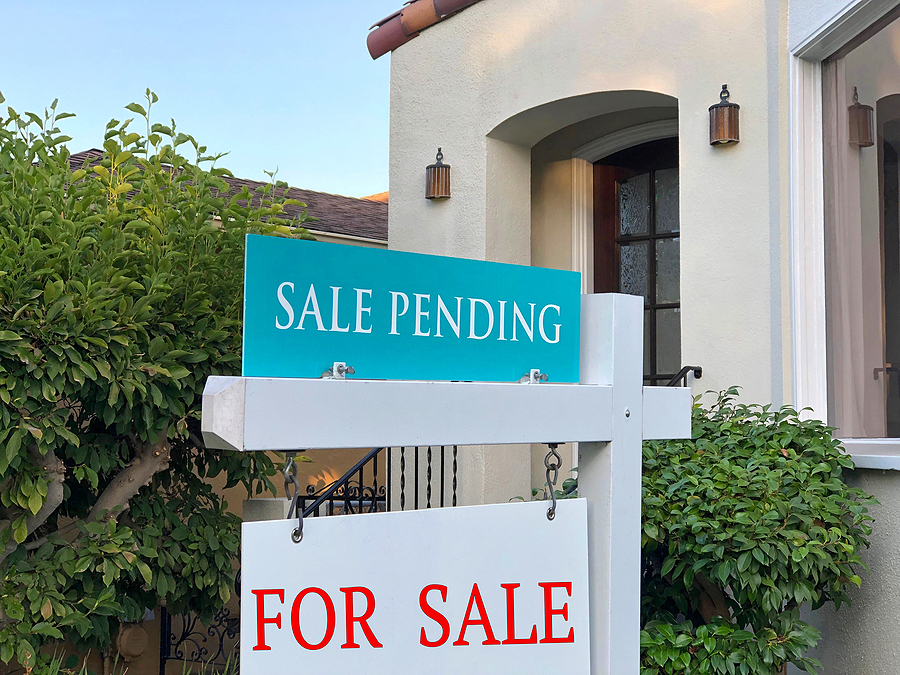July 2, 2021
As a first-time investor, you might be hesitant to commit to your first investment. It can be quite stressful to think about putting all your eggs in one basket, especially when first starting out. There are many factors to consider before investing in a property, and it’s critical to take your time and research before you jump right in. It’s wise to start off slow before taking a giant leap and betting your entire life savings. To assist, here are some smart strategies for first-time investors to get started with investing in real estate.
Passive Investing
Many first-time investors often invest as a passive investor for their first deal. This approach allows a more experienced investor to lead up the investment and then report back to their shareholders. This helps new investors understand the ins and outs of how a property performs and low points that can affect performance on returns without having to carry the entire wait of the investment on their shoulders to begin.
Limit Your Individual Risk
It’s wise to start small by partnering up with an experienced investor so you can hopefully limit your financial risk. Everyone has to start somewhere and many first-time investors jump into things alone and experience fatigue or end up over extended without the proper experience. It’s much smarter to start out with a seasoned investor and consider hiring them to coach you or partner up on a deal. This way you have the opportunity to observe their process and possible team up with them on a solid deal.
Real Estate Investment Trusts
Another smart strategy to consider when starting out is to look into something easy and relatively low-risk like a Real Estate Investment Trust. These trusts help take the daily management off the table but you can still get an overview of the types of returns to expect as well as the markets for real estate in certain geographies. These trust help form the basis of knowledge you can utilize to grow your investments into more focused and viable investments in the future.
Find A One-Year Tenant
It’s smart to find a property in a good neighborhood and find a tenant that is willing to commit for at least one year from the start of their lease. This will give you the opportunity to have immediate cash coming in as well as secure your cash flow once the lease expires.
Turn Your Primary Home Into A Rental Property
If you’re not ready to give up the security of your own home to invest in a rental property, consider starting out by hanging onto it and turning it into a rental property. You will already be more familiar with the property, aware of its current condition, monthly expenses and any necessary repairs; it can become a great starting point for beginning your rental portfolio.
Set A Small Budget and Get Started
It’s wise to start with a small budget. It is a challenge to start small in real estate investing, the processes and burdens of owning investment real estate are very similar if not more difficult for smaller properties. Smaller properties often require more personal attention and care from the individual investor while larger properties can garner that attention and care from professional property managers. If you have been wanting to invest but are too shy or worried it will be a giant mistake, simply budget an amount you don’t mind losing and take the ride. Once you’ve made it to the other side, you will better understand if you want to ride again or cut your losses and try some other form of financial investment.











